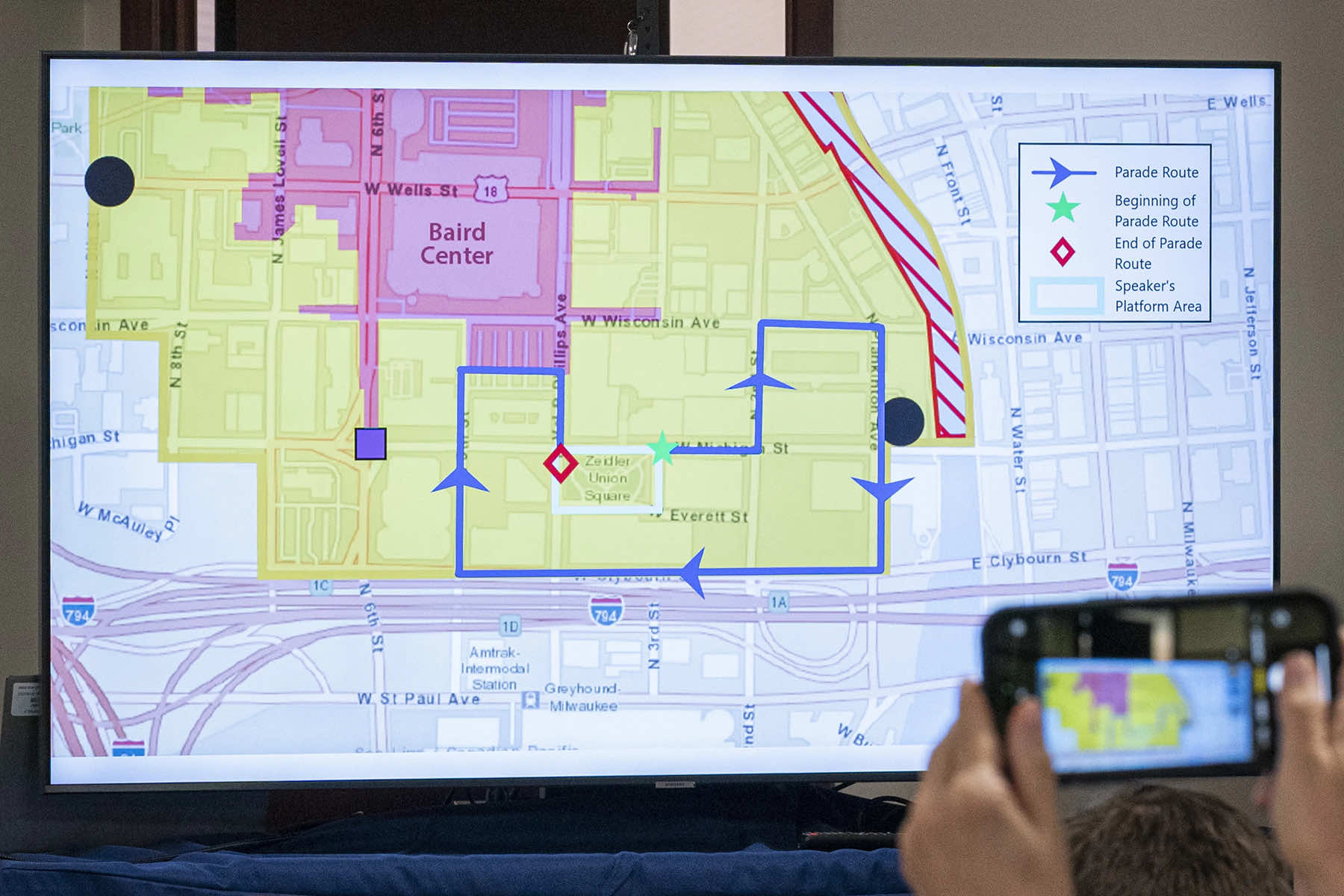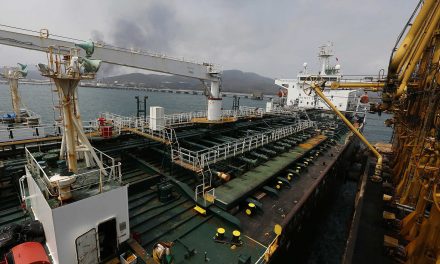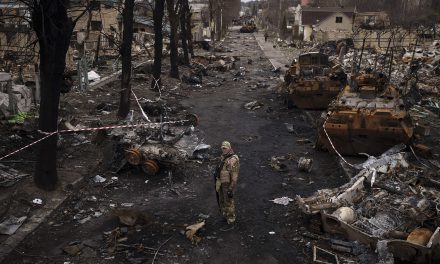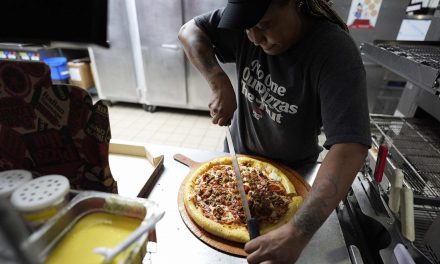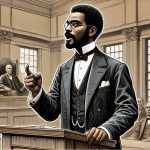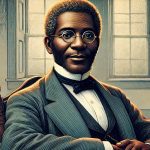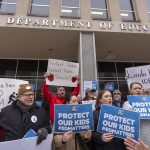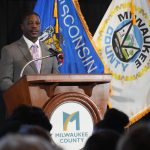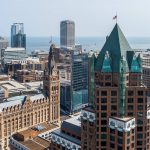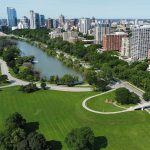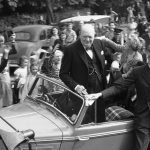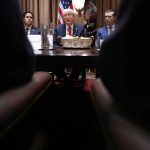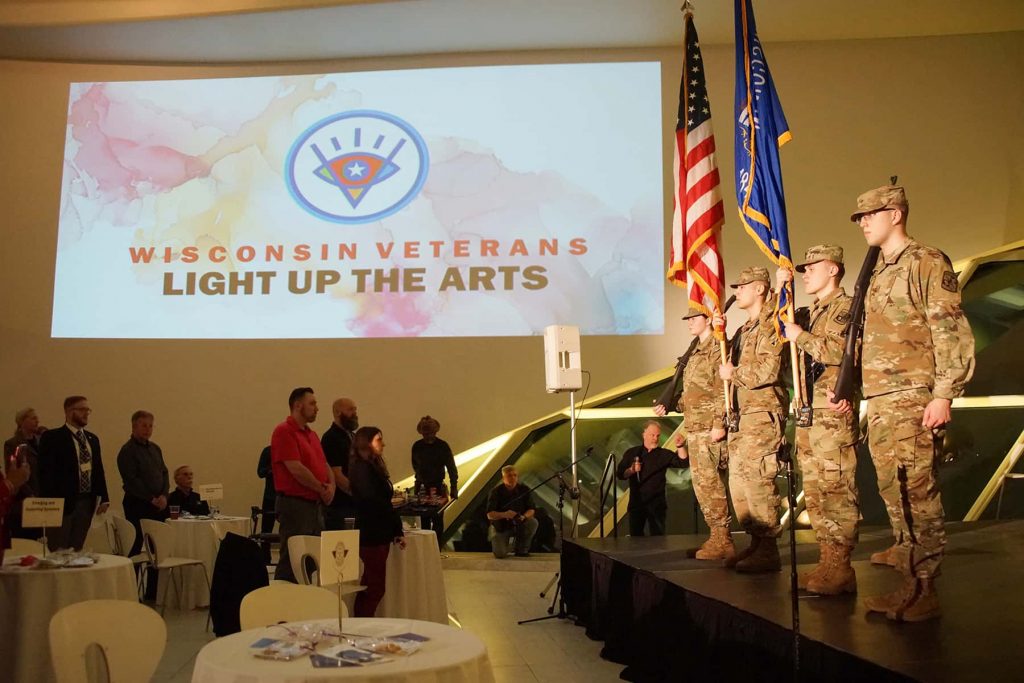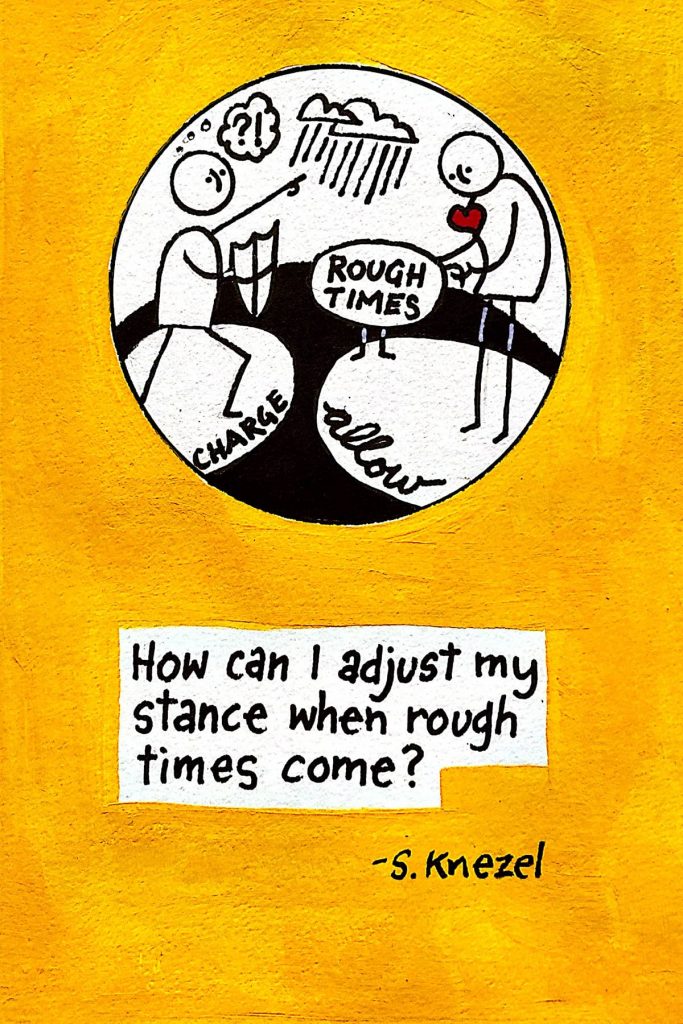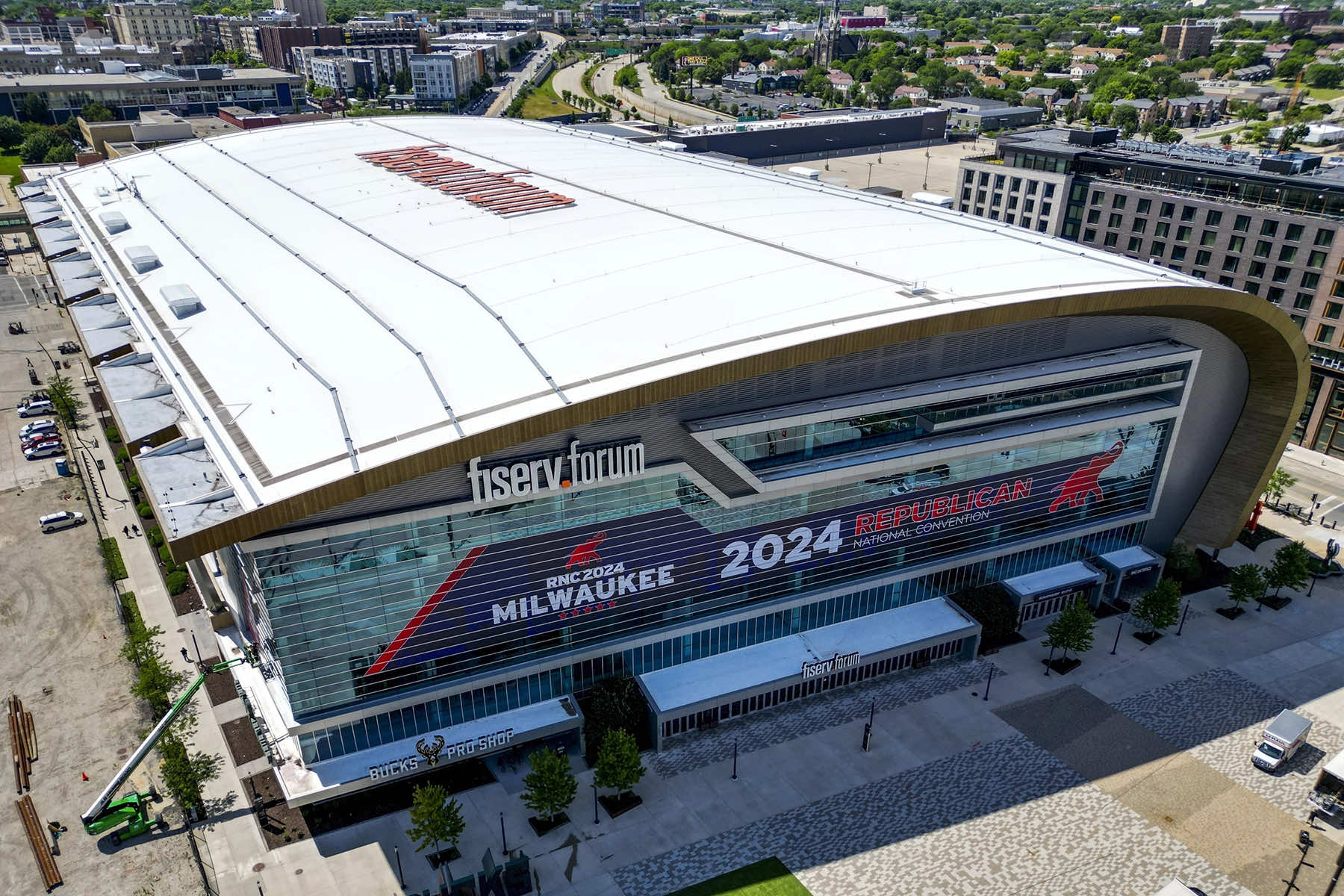
A federal judge ruled on July 8 that protesters cannot march through a security zone at the Republican National Convention, handing a defeat to liberals who had pushed to have closer access to where delegates will gather in Milwaukee.
The American Civil Liberties Union and the Coalition to March on the RNC 2024 filed a lawsuit last month against the city of Milwaukee, alleging that the city’s plans for protesters violated their free speech rights.
They had asked the judge to order that the city design a protest parade route that is within sight and hearing of the Fiserv Forum where thousands of Republicans will be gathering starting July 15 to nominate Donald Trump for president.
“There is no legitimate reason to criminalize our protest, on a route we have marched before without incident,” said the Coalition to March in a statement. “While the City says that they cannot grant us our route due to safety concerns, they are actually increasing the likelihood of police coming into contact with protests by not granting us a permit for our route. Historically, police intervention has always been the start of a protest going south.”
U.S. District Judge Brett Ludwig said in his order that protesters have a right to march in protest of the RNC, “but the First Amendment does not allow them to protest or parade in any way they choose.”
Ludwig said that Milwaukee city officials and the U.S. Secret Service have worked to balance protesters’ right to express themselves and “legitimate security and other governmental interests.”
“The vast majority of the resulting security plan is a reasonable and valid time, place, and manner regulation on speech,” the judge said in denying the protesters’ request for closer access to the convention site.
The judge sided with the ACLU on one issue, ruling that the city and the Commissioner of Public Works Jerrel Kruschke could not approve speaker and demonstration applications on the basis of an applicant’s criminal history.
Ludwig said the city “overstepped their authority in reserving their ability to deny protest permits based on” a past criminal conviction.
Protesters have complained that the city is keeping them too far away from the convention site, which is inside a security perimeter where credentials are required to gain access. Protesters have wanted to march inside that security zone. However, the security plan establishes a parade route about five blocks from the arena, with a stage for speakers within the route.
Omar Flores, chairman of the March on the RNC Coalition, told reporters at a news conference on July 9 afternoon that protesters will march where they want to march.
“We are going to march on the streets that we have a right to march on, the same way we always have here in Milwaukee,” said Flores. “Historically, the Milwaukee Police Department has been relatively hands-off in response to our protests. Leading organizers have held successful marches of similar size and larger without a permit. The overwhelming majority of our protests proceed as planned without arrests, and we expect the same to happen while the RNC is in town.”
He distributed a map of the protest route, which runs inside an outer security perimeter along the edge of the credentialed inner security zone about a block east of the arena.
Flores repeatedly described the march as “family-friendly” but acknowledged protesters would likely encounter police. He said protest organizers have experience de-escalating such confrontations short of arrests.
On July 12, the coalition announced it had reached a handshake agreement with the City of Milwaukee that would allow the march within sight and sound of the Fiserv Forum. A member of the City Attorney’s office will be observing the march from a front position, to make sure the event proceeded without a hitch.
“This agreement is greatly beneficial to the coalition, as we can march on the route we want to without being impeded by the police,” Flores said in a statement. “We were able to come to this agreement with the City because we fought for it.”
Flores added that one of the primary reasons for organizing the Coalition was to send a message that direct action by members of the public could make a difference and result in political action.

